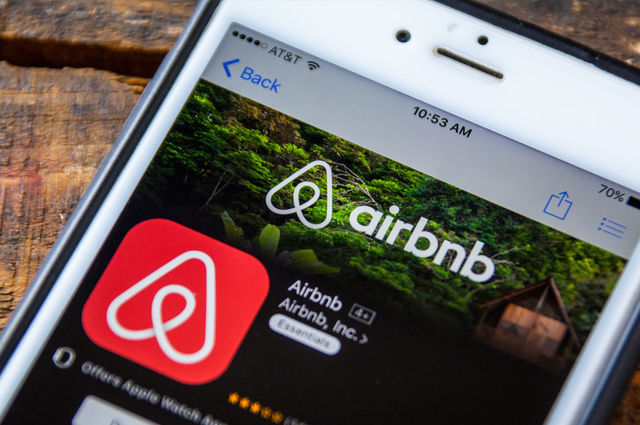Is Airbnb Hotelier’s Friend or Foe?
14 experts shared their view
After the recent acquisition of HotelTonight, If there were any doubt as to Airbnb's true intentions of entering the OTA space and start aggressively competing with online travel agency giants such as Booking Holdings and Expedia, they need to be laid to rest immediately.
The industry has conflicting views of the role Airbnb plays and will play in hotel distribution. Some hoteliers believe that Airbnb is not an ordinary OTA since it "hijacks" travel demand and diverts traditional hotel guest to private accommodations. Airbnb has already "hijacked" 10%-15% of the travel demand in many major metropolitan areas and leisure destinations such as New York City, Paris, and London. This affects negatively overall occupancy and hotel room pricing and hoteliers are unable to raise ADRs in periods of traditional peak demand. According to Morgan Stanley Research, 50% of survey respondents in the US, UK, France, and Germany reported that they booked an Airbnb in place of a traditional hotel. In other words, Airbnb is diverting traditional hotel guests to private accommodations.
Other hoteliers welcome the entry of Airbnb in the hotel distribution mix, since they believe Airbnb adds another option to the existing duopoly of Booking Holdings and Expedia.
What is your take on the subject?
It really doesn't matter if AirBnB is a friend of foe, it is here, it is successful and it resonates with consumers who are looking for a different type of accommodation. The private accommodation industry has been around for ages, what AirBNB and others have done is to make it accessible for more people than ever before. This segment of the industry clearly serves an unmet need of consumers: People who are looking for more space, stay longer, pay less and don't care about the uncertainties of staying in apartments or rooms.
The growth of that segment (so far) has clearly energized the hotel industry, stimulating innovation and the emergence of new types of Hotels which seek to combine the best of the AirBnB world (more space in more authentic locations at a lower price) with the Hotel world (safety, standards, service). This is good for the industry.
Whenever a new entrant disrupts the market, the deck of established players gets reshuffled. It is fear or fight. M&A activity increases, innovation accelerates and in the end the market balances itself to find a happy equilibrium, until the disruptor gets disrupted. Incumbents can either fear the new entrant and complain about disruption, or fight by making their own business more resilient, in turn adapting to the new reality and often becoming even stronger as a result.


